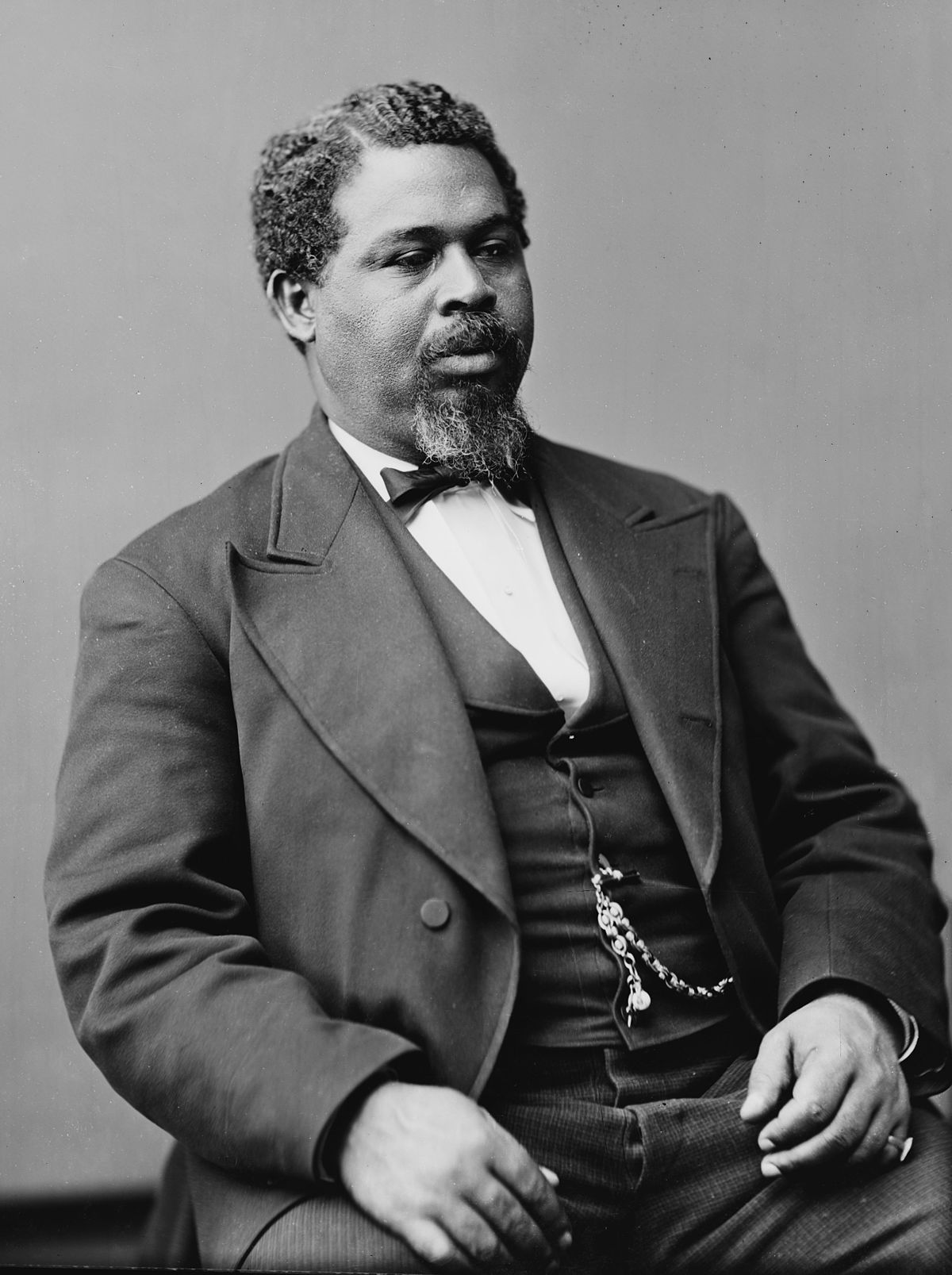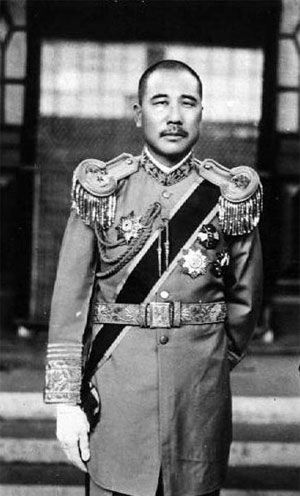Caesar of Bread
Trans Gordon Ramsay
This is about people from history that you perceive as "the best" or any cool thing you think about them
In the warrior sense, I like Vercingitorix, Genghis Khan (because he was able to create a good legal system while being known as a world conqueror), Belisarius, Ulysses S Grant, Teddy Roosevelt (Rough Riders), and John Pershing (who led a campaign to desegregate the US military)For warriors, I'd start with Hannibal Barca and Napoleon I.
But not the man who created the first PINEAPPLE pizza. That man sinned against humanity.Einstein: the smartest.
Churchill: first to resist Hitler..who knows what the world would look like now without him.
And whoever made the first pizza
Probably much the same, I imagine. It was Chamberlain who declared war on Germany.Churchill: first to resist Hitler..who knows what the world would look like now without him.

Wiki said:Robert Smalls (April 5, 1839 – February 23, 1915) was an American politician, publisher, businessman, and maritime pilot. Born into slavery in Beaufort, South Carolina, he freed himself, his crew, and their families during the American Civil War by commandeering a Confederate transport ship, CSS Planter, in Charleston harbor, on May 13, 1862, and sailing it from Confederate-controlled waters of the harbor to the U.S. blockade that surrounded it. He then piloted the ship to the Union-controlled enclave in Beaufort–Port Royal–Hilton Head area, where it became a Union warship. His example and persuasion helped convince President Abraham Lincoln to accept African-American soldiers into the Union Army.
After the American Civil War, he returned to Beaufort and became a politician, winning election as a Republican to the South Carolina Legislature and the United States House of Representatives during the Reconstruction era. Smalls authored state legislation providing for South Carolina to have the first free and compulsory public school system in the United States. He founded the Republican Party of South Carolina. Smalls was the last Republican to represent South Carolina's 5th congressional district until the election of Mick Mulvaney in 2011.

For warriors, I'd start with Hannibal Barca and Napoleon I.
What a fancy hat.And my vote goes to:
Toussaint L'Ouverture!

